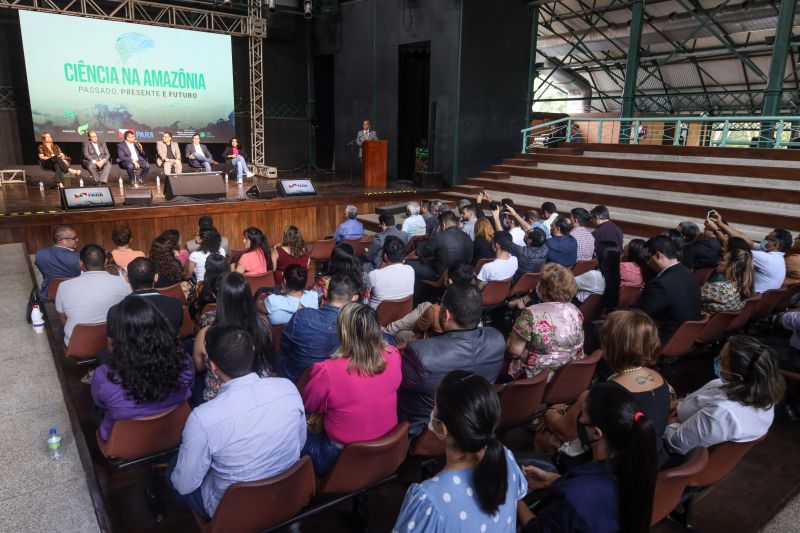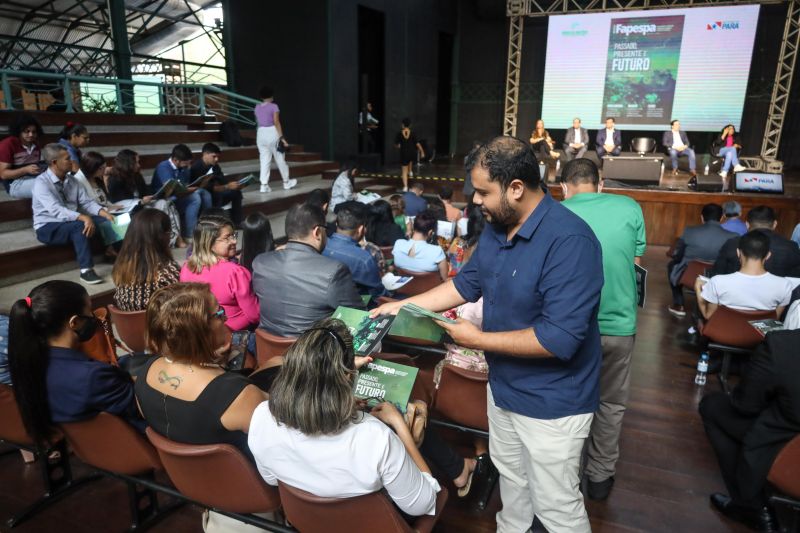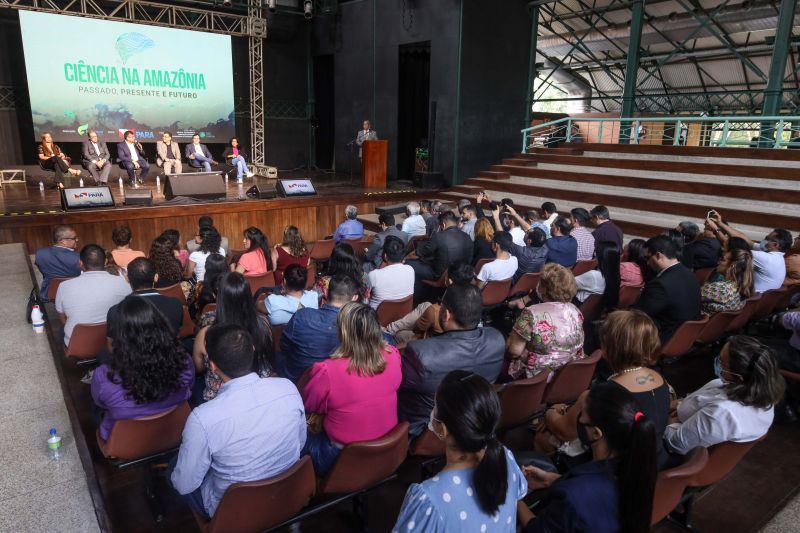The state government continues to promote science and research in Pará, as a vital strategy for developing solutions and public policies for the benefit of 144 municipalities.
On Tuesday (31st), Fundação Amazônia de Amparo a Estudos e Pesquisas (Fapespa) officially launched Fapespa, a scientific publication that reports to the community on the investments and key business results promoted by the foundation.
These are not scientific articles, but works aimed at society, says Marcel de Nascimento Botelho, president of Fabispa. “We have a sample, and we’ve selected some projects that have a very direct impact on our community and will be available online to all residents. With that, we flooded, moving from the wall of institutions to your home, in an understandable way,” says the president.

The journal supports the framework project that continues studies of epidemiological disease behaviour, which began with Covid-19, and has served as a guide for making accurate decisions in the fight against an epidemic.
And today we are already applying it in other areas, monitoring, for example, leprosy and resistant bacteria in hospitals. Marcos de Barros Braga, researcher coordinating the framework project, commented that, we are attentive to what is happening, new trends and the analyzed data give warnings, as we have specialists from different fields working in an integrated manner.

“We are working to improve the productivity of these animals, using high-quality genetics of the herd. The buffalo is very important, it is the largest herd in Brazil and the second in the world. The idea is that the technology will help improve people’s lives by increasing the production of meat and milk. The project uses tools such as artificial insemination. Semen collection and production in the laboratory ”, explained the project coordinator, among the results of which was a Japanese birth, the first test-tube buffalo in the state of Para.
para . shape
During the launch event, Fapespa signed an investment clause guaranteeing 1.77 million R$, to popularize the research throughout the state, within the scope of the Forma Pará programme. There will be 60 semesters in partnership with the State University of Pará (Uepa), the Federal University of Pará (UFPA), the Federal University of Western Pará (Ufopa) and the Federal University of South and South-East Pará (Unifesspa).
Classes will receive a total of 810 science start-up scholarships, for a total of 1,499 in 2022 alone. Since 2019, Fapespa has already awarded 4,441 scholarships to students, also gradually, with 762 in 2019, 986 in 2020, 1194 in 2021.
For Uepa President Clay Chagas, it is very important to establish a partnership with Fapespa, as well as with the State Secretariat for Science, Technology, Vocational and Technological Education (Sectet). According to the director, in addition to ensuring the courses in the localities, without separating the students from their families in the countryside, the scholarships help in the formation of the researcher, and generate the incentive for young people to participate in the scientific education and stay in the university. including financial support.
While the federal government has been seeking to reduce funds for science, the state government has only increased those funds, as evidenced by the data. For us, universities that need to do research, generate development and train people, that’s great. We are the main partner of the Forma Pará programme, which achieves universalization of higher education in all municipalities, which is very positive. We are on the right track with high investments in science, technology and higher education,” says Dean.
Click here for Revista Fapespa https://drive.google.com/file/d/1nz16VCPduqcAryZv0H6JQ5G0AACEVQ0D/view?usp=drivesdk

“Wannabe internet buff. Future teen idol. Hardcore zombie guru. Gamer. Avid creator. Entrepreneur. Bacon ninja.”

